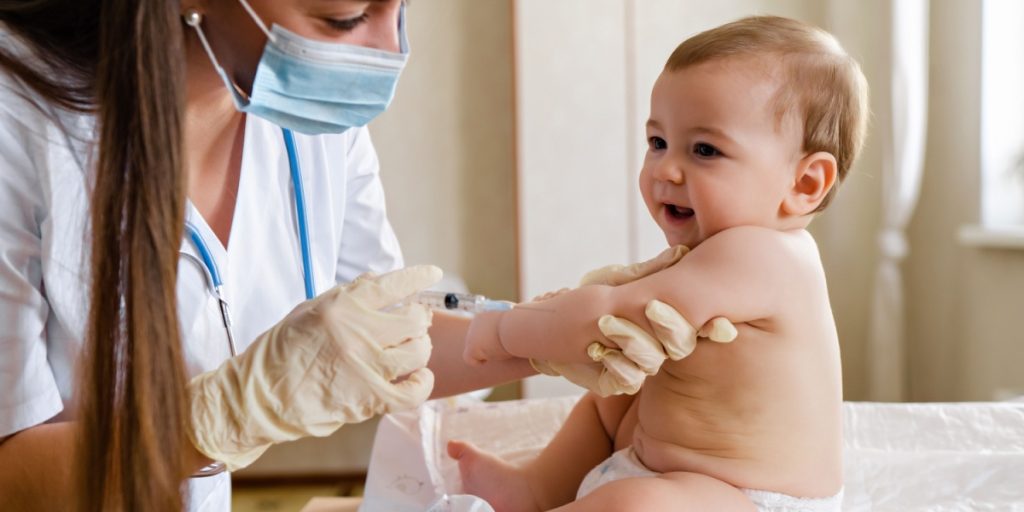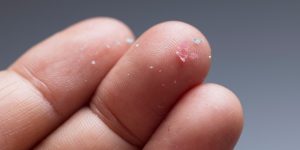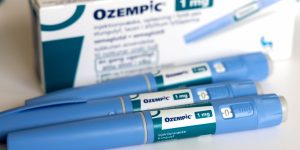Researchers have discovered notable variations in the gut ecosystem development of infants born during social distancing restrictions, in contrast to those born before the coronavirus pandemic.
Others are reading now
A study reveals that babies born during the COVID-19 pandemic, under social distancing measures, have a different gut microbiome development than those born before the pandemic, potentially shielding them from allergies.
During the pandemic’s lockdowns, researchers in Ireland discovered that newborns had higher levels of beneficial microbes, passed on from their mothers, which might serve as a defense against various diseases.
This unique development led to “pandemic babies” showing surprisingly low rates of allergic reactions, such as food allergies, in contrast to babies born before the pandemic.
Pandemic Babies vs. Pre-COVID Babies
Published in the journal Allergy, the research points out the advantages of COVID-19 lockdowns on infants’ gut health, including fewer infections and less need for antibiotics, alongside prolonged breastfeeding periods.
Also read
The study analyzed fecal samples from 351 infants born in the pandemic’s initial three months, comparing them with those of a pre-pandemic group. Information on diet, home environment, and health was gathered through online questionnaires, with stool samples taken at six, 12, and 24 months, and allergy tests conducted at 12 and 24 months.
Significant microbiome development differences were noted in babies born during lockdown compared to those born before the pandemic. Remarkably, only about 5% of the lockdown babies developed a food allergy by age one, versus 22.8% in the pre-COVID group.
The limited exposure to germs, reducing the need for antibiotics, was seen as beneficial. Only 17% of the lockdown babies needed antibiotics by age one, compared to 80% in the pre-pandemic group.
Implications and Future Research
“This study offers a new perspective on the impact of social isolation in early life on the gut microbiome,” remarked Professor Jonathan Hourihane, a consultant paediatrician and co-author of the study. The findings highlight how lifestyle and environmental changes during the pandemic may play a pivotal role in reducing the prevalence of allergic diseases.
Liam O’Mahony, a professor of immunology and joint senior author, stated, “We took the opportunity to study microbiome development in infants raised during the early COVID-19 era.” He pointed out that reduced human exposure and infection protection resulted in only 17% of infants needing antibiotics by one year of age. This was linked to higher levels of beneficial bacteria such as bifidobacteria.
This study provides valuable data for future analysis and research on the long-term impacts of these early-life changes in the gut microbiome.








